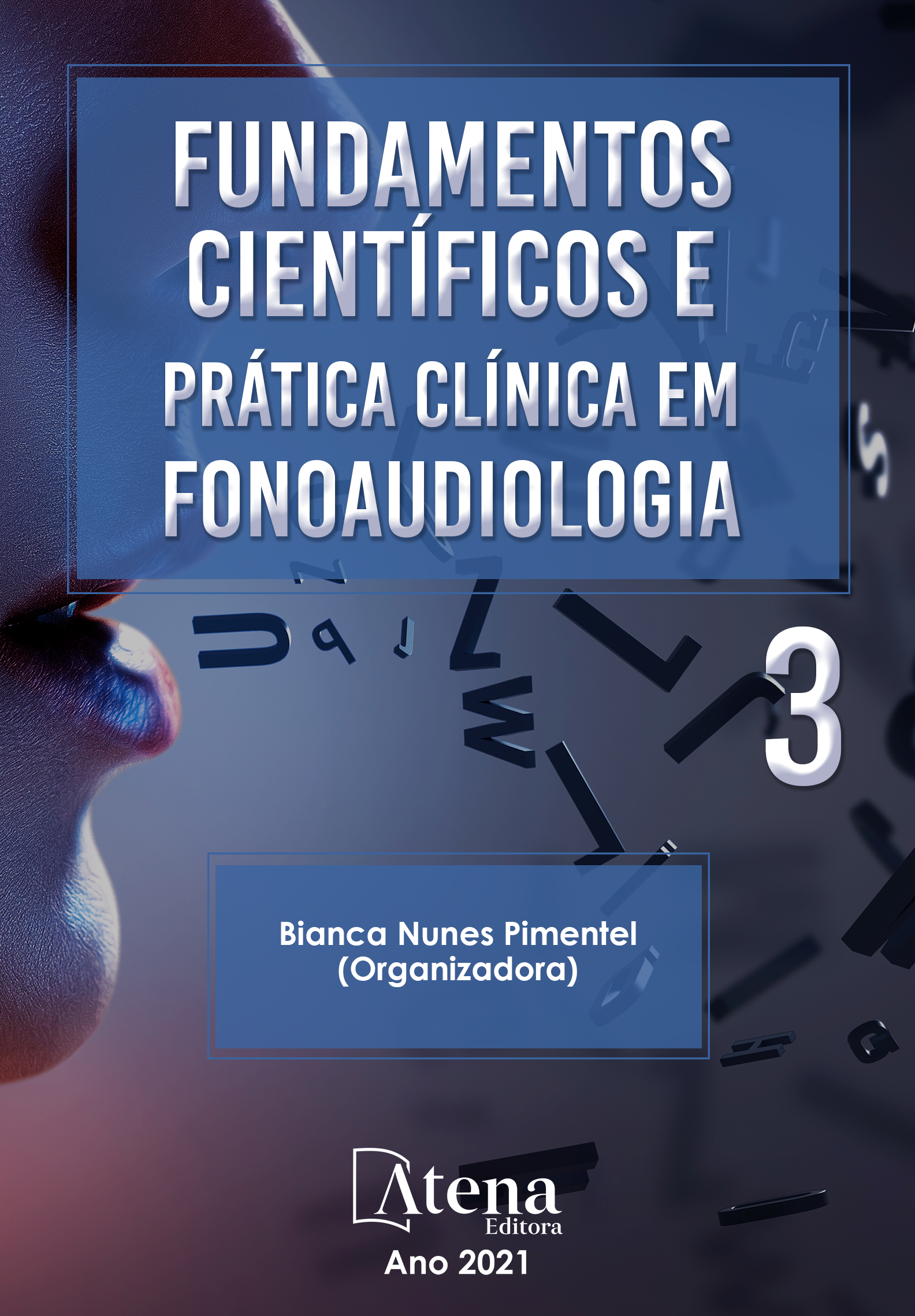
INTERFERÊNCIA DA SONDA DE ALIMENTAÇÃO NOS SINAIS DE ESTRESSE DO PREMATURO
Introdução: A dificuldade de alimentação é um desafio para o recém-nascido pré-termo (RNPT), principalmente, no que se refere a coordenação entre alimentação e respiração. Objetivo: Verificar os sinais de estresse do RNPT no uso de sondas de alimentação orogástrica (SOG) e nasogástrica (SNG), durante a avaliação para início da alimentação oral. Método: Trata-se de um estudo observacional, transversal e qualitativo, realizado na Unidade de Cuidados Intermediários Neonatais (UCIN) de um Hospital Público da cidade de Curitiba/ PR, no período de julho a dezembro de 2011. Foi aplicado o Protocolo de Avaliação do Prematuro para Início de Alimentação Oral e avaliados os sinais de estresse. Dentre os 20 (100,0%) RNPT selecionados para o estudo, sete (35,0%) faziam uso da dieta por SOG e 13 (65,0%) por SNG. Resultado: Não houve diferença significativa (p<0,05) entre os grupos nas variáveis postura oral e reflexos orais. Durante a sucção não nutritiva, houve resultado significativo para as variáveis movimentação de língua (0,0015) e manutenção do estado de alerta (0,0426) para o grupo SNG. Não houve diferença significativa para os sinais de estresse entre os grupos, contudo, no grupo SNG verificou-se a presença de 38 sinais de estresse, com maior prevalência para os sinais de variação da coloração da pele e variação de tônus e postura. Já no grupo SOG, observou-se a presença de 17 sinais estresse e maior prevalência para os sinais tiragem e acúmulo de saliva. Conclusão: Não houve diferença estatisticamente significativa nos sinais de estresse entre os grupos no que se referiu ao uso da sonda durante a Avaliação para Início de Alimentação Oral. Entretanto, constatou-se que os RNPT com SNG apresentaram maior presença de sinais de estresse do que os RNPT com SOG.
INTERFERÊNCIA DA SONDA DE ALIMENTAÇÃO NOS SINAIS DE ESTRESSE DO PREMATURO
-
DOI: 10.22533/at.ed.8552113056
-
Palavras-chave: Estresse Fisiológico; Cuidados Críticos; Recém-Nascido Prematuro; Métodos de Alimentação; Fonoaudiologia
-
Keywords: Physiological Stress; Critical Care; Premature Newborn; Feeding Methods; Speech Therapy.
-
Abstract:
Introduction: Difficulty in feeding is a challenge for preterm newborns (PTNB), especially when it comes to coordinating feeding and breathing. Objective: To verify the signs of stress in PTNB using orogastric (SOG) and nasogastric (SNG) feeding probes during the assessment for initiation of oral feeding. Method: This is an observational, cross-sectional, qualitative study, conducted at the Neonatal Intermediate Care Unit (NICU) of a public hospital in the city of Curitiba, Paraná, from July to December 2011. The Protocol for Evaluation of Preterm Infants for the Start of Oral Feeding was applied and the signs of stress were evaluated. Among the 20 (100,0%) PTNB selected for the study, seven (35,0%) were using the diet by SOG and 13 (65,0%) by SNG. Results: There was no significant difference (p<0.05) between the groups in the oral posture and oral reflexes variables. During non-nutritive sucking there were significant results for the variables tongue movement (0.0015) and maintenance of alertness (0.0426) for the SNG group. There was no significant difference in signs of stress between the groups, however, in the SNG group there were 38 signs of stress, with a higher prevalence for signs of skin coloration variation and variation in tone and posture. In the SOG group, there were 17 signs of stress and a higher prevalence for the signs of draining and accumulation of saliva. Conclusion: There was no statistically significant difference in signs of stress between the groups regarding tube use during the Assessment for Oral Feeding Start. However, it was found that PTNB with SNG showed greater presence of signs of stress than PTNB with SOG.
-
Número de páginas: 15
- VIVIAN CHAMORRA QUEVEDO ENZ
- Maria Cristina de Alencar Nunes
- Janaína de Alencar Nunes
- Jair Mendes Marques
- Rosane Sampaio Santos
- Amanda Rachel Czelusniak Vaz


